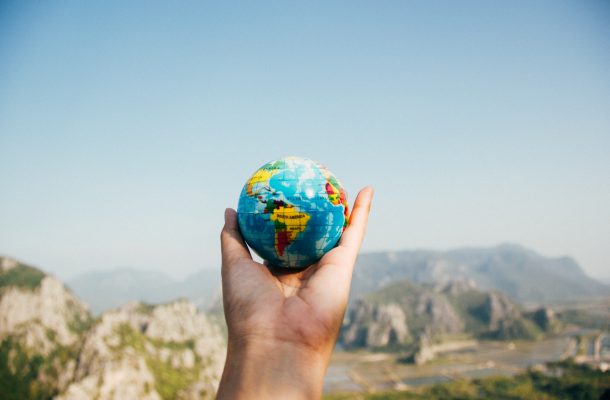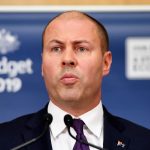A different fortress Australia

Did you know that Australian Overseas Development Assistance (ODA), more commonly known as ‘aid’, has declined more than 30% under the current government?
To put this in perspective, development economist Stephen Howes notes that “between 2011 and 2020… Australian aid fell by 31%, while global aid increased by 26%”. The Lowy Institute reports we now rank 21 of 29 in the Organisation for Economic Cooperation and Development (OECD) if you look at aid as a proportion of gross national income.
As the 10th richest country in the world, we can do better.
And as an economically solid nation relative to other countries during this global pandemic, we are now in the not-so-salubrious position of being one of the stingiest countries in the world when it comes to being a good global citizen.
But a recent poll by Australia’s Development Policy Centre in Canberra suggests the Government is out of step with Australian opinion.
It shows the number of Australians who think we don’t give enough development assistance is increasing, while the group who thinks we give too much is decreasing.
In 2015, 14% believed Australia was not providing enough assistance, whereas in 2021, this number increased to 22%. At the same time in 2015, 40% believed we provided too much aid, and this has now dropped to 32% in 2021. There is a definite trend over time.
Interestingly, this year 35% of survey respondents thought that Australian Aid was ‘about right’. So that makes 57% happy with or wanting to increase aid to lower-income countries, as opposed to 32% thinking we give too much, and 11% ‘don’t know’.
So why are attitudes shifting? With the largest move of the needle occurring in 2020, the researchers posit COVID 19 as the catalyst. People care what is happening outside of our borders. It is therefore disappointing that forward estimates on aid for the next four years are on a continued, downward trajectory.
Why does ODA matter, anyway?
Joshua McDonald recently argued that more Australians would be on board with a larger aid budget if they knew how much it benefits us, leading to strengthened national security, for example, and “closer global cooperation between Australia and other generous world leaders, such as the United Kingdom, Japan, and the European Union”.
What’s not often argued, however, is that money alone is not the solution and the more equitable distribution of wealth across borders should go beyond self-serving ends.
There is a need to redress unequal power structures and systems of oppression – colonisation in particular – that have contributed to such large disparities in wealth and development between countries. Unfettered corporate power and the relentless pursuit of profit to the detriment of human rights is an example.
System-change approaches are becoming more widely discussed in private philanthropic circles (whose assets significantly outnumber ODA, with foundation assets in 2017 a staggering US$1.5 trillion compared to ODA in 2018 at US $153 billion) and some more progressive governments.
As a wealthy country then (with our own cross to bear in regards to how colonisation continues to impact Indigenous peoples here), it’s not just in our national interest to give more aid.
We have a responsibility to step up to the task of redistributing wealth and recognising our systemic contributions to the issues that less wealthier countries face. Climate change in the Pacific is one example. Or the human rights abuses of West Papuans by the Indonesian government that we continue to indirectly fund.
So yes, ODA really matters. And contrary to the current Government’s position that Australian people are happy to retreat from the world to literally live on an island and damn the rest, there is evidence that people’s concern for the welfare of those in lower-income countries is increasing.
This is excellent news. Now how to get the government to listen? Well I know who I won’t be voting for at the next federal election.
Rochelle Jones is a writer, researcher and editorial consultant with two decades of experience working with global women’s rights and gender justice organisations and funders. She has specific expertise and interest in funding and philanthropy for social justice and holds degrees in Science, Peace & Conflict Studies and International Relations (Hons), and a Masters in International Development.









